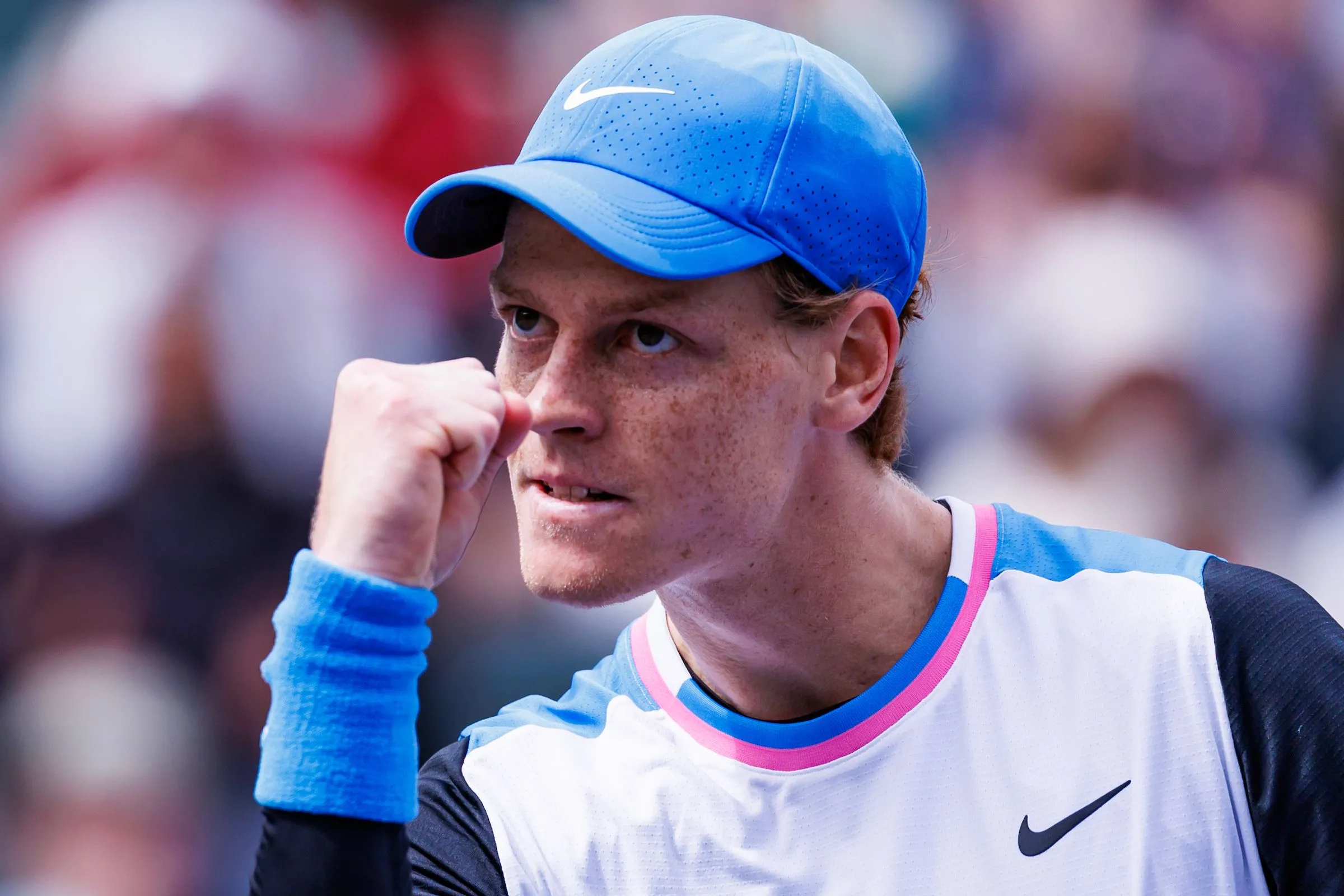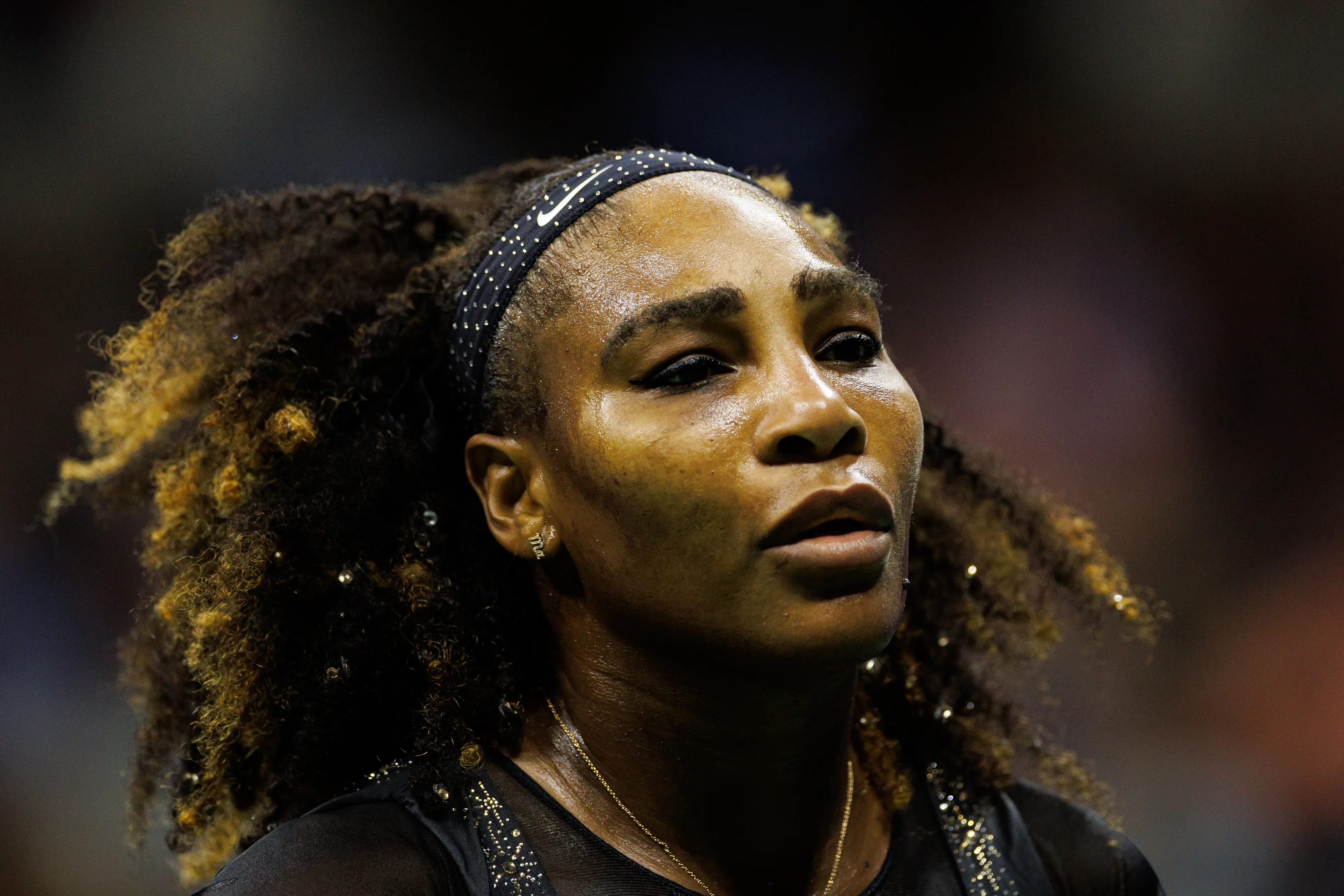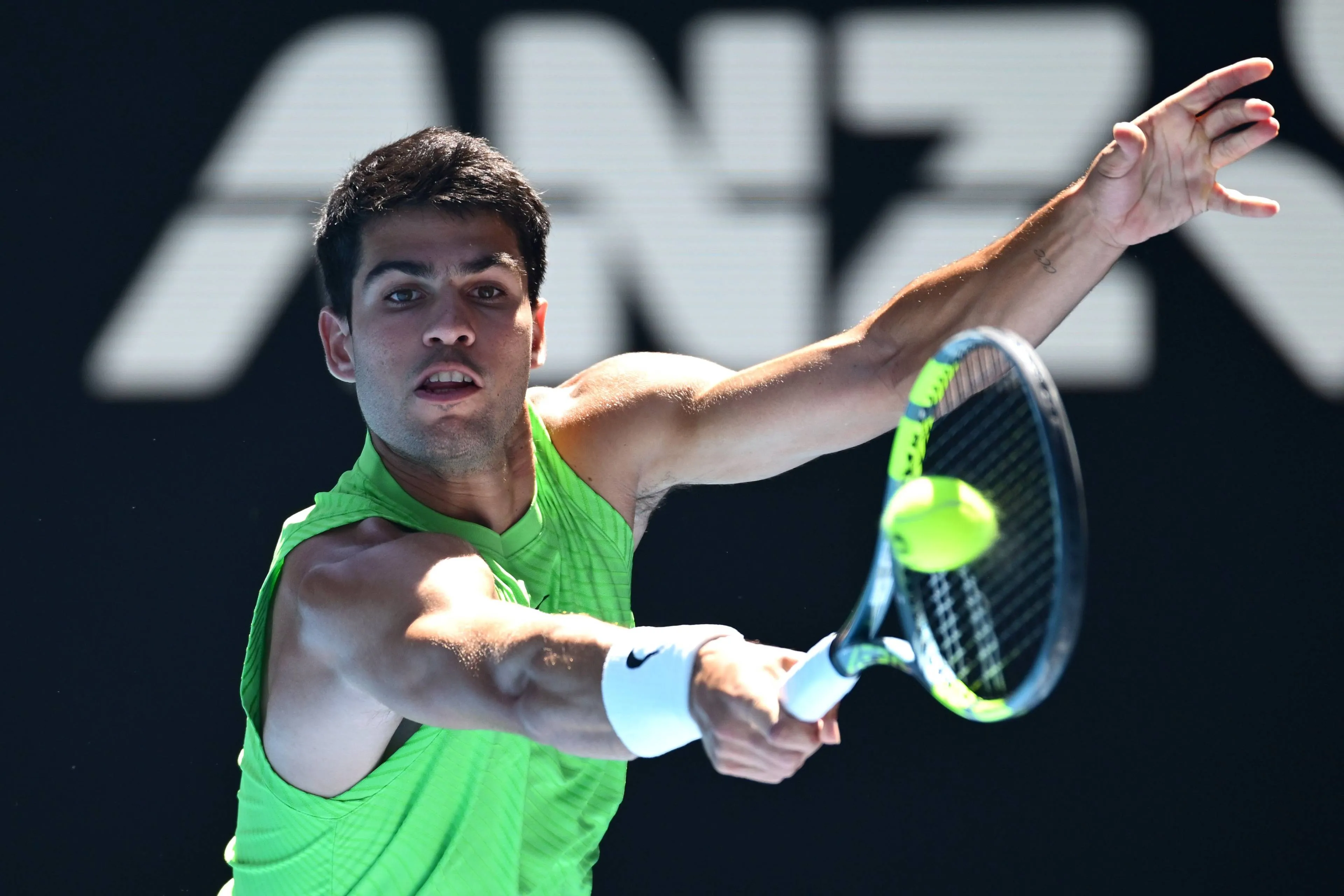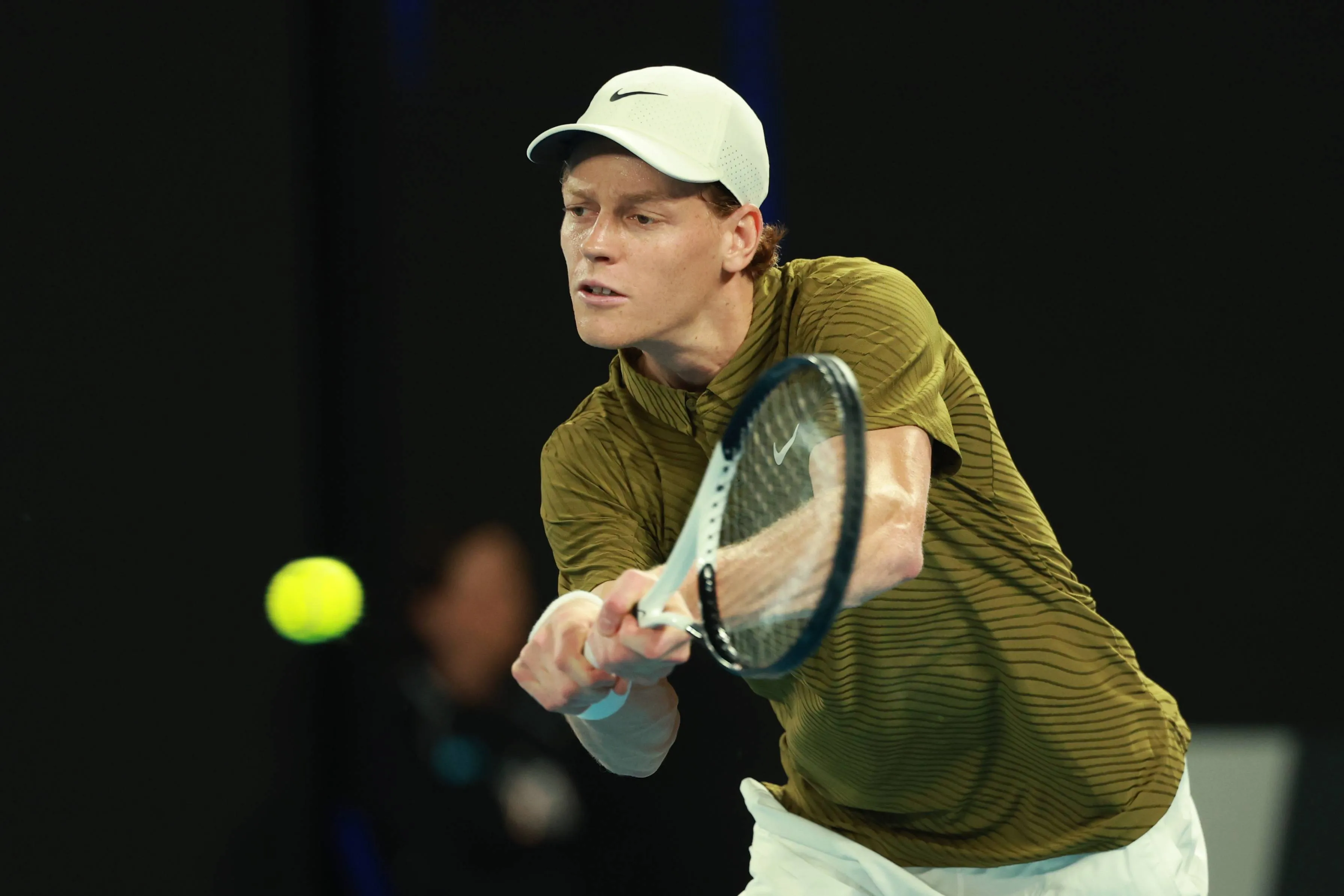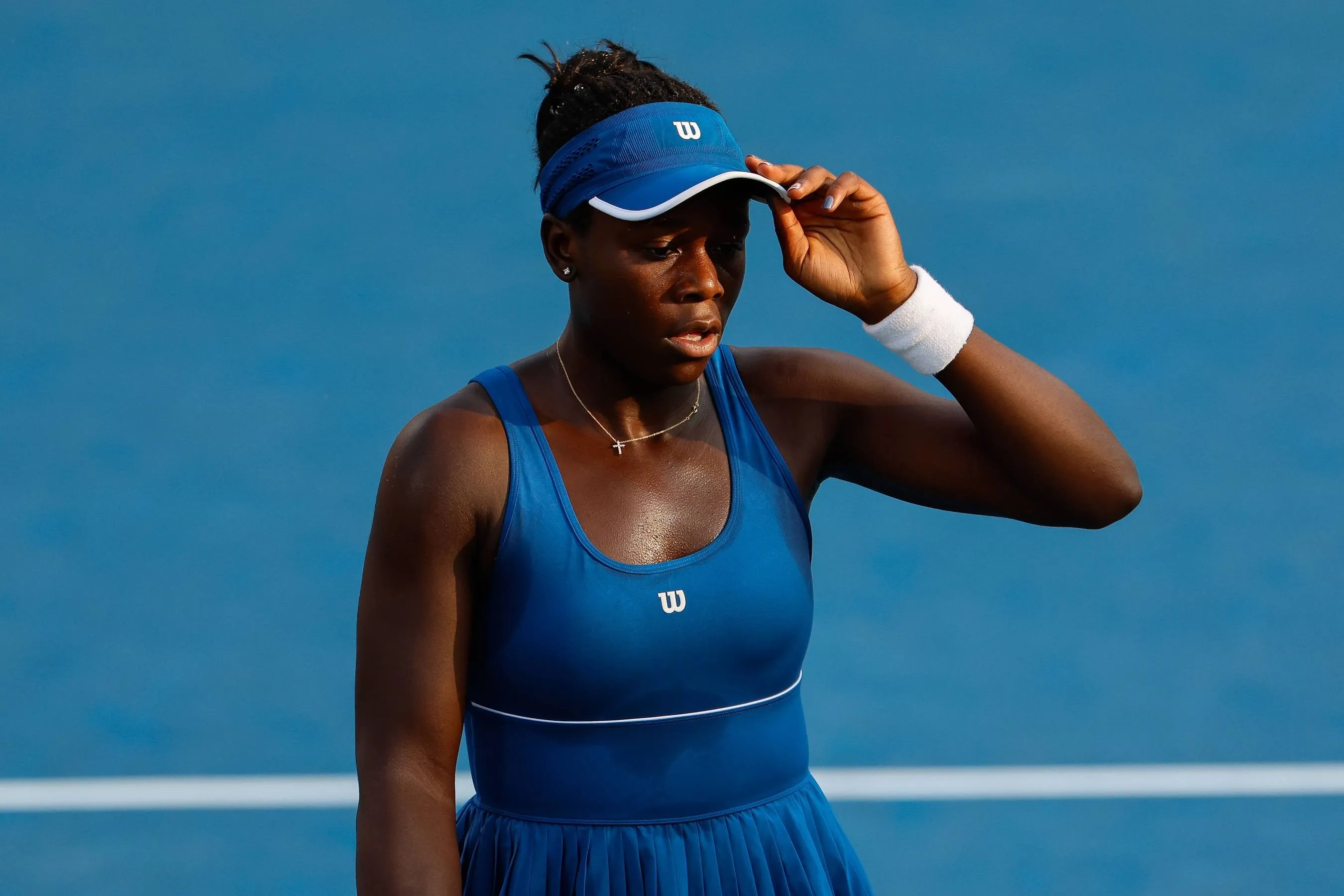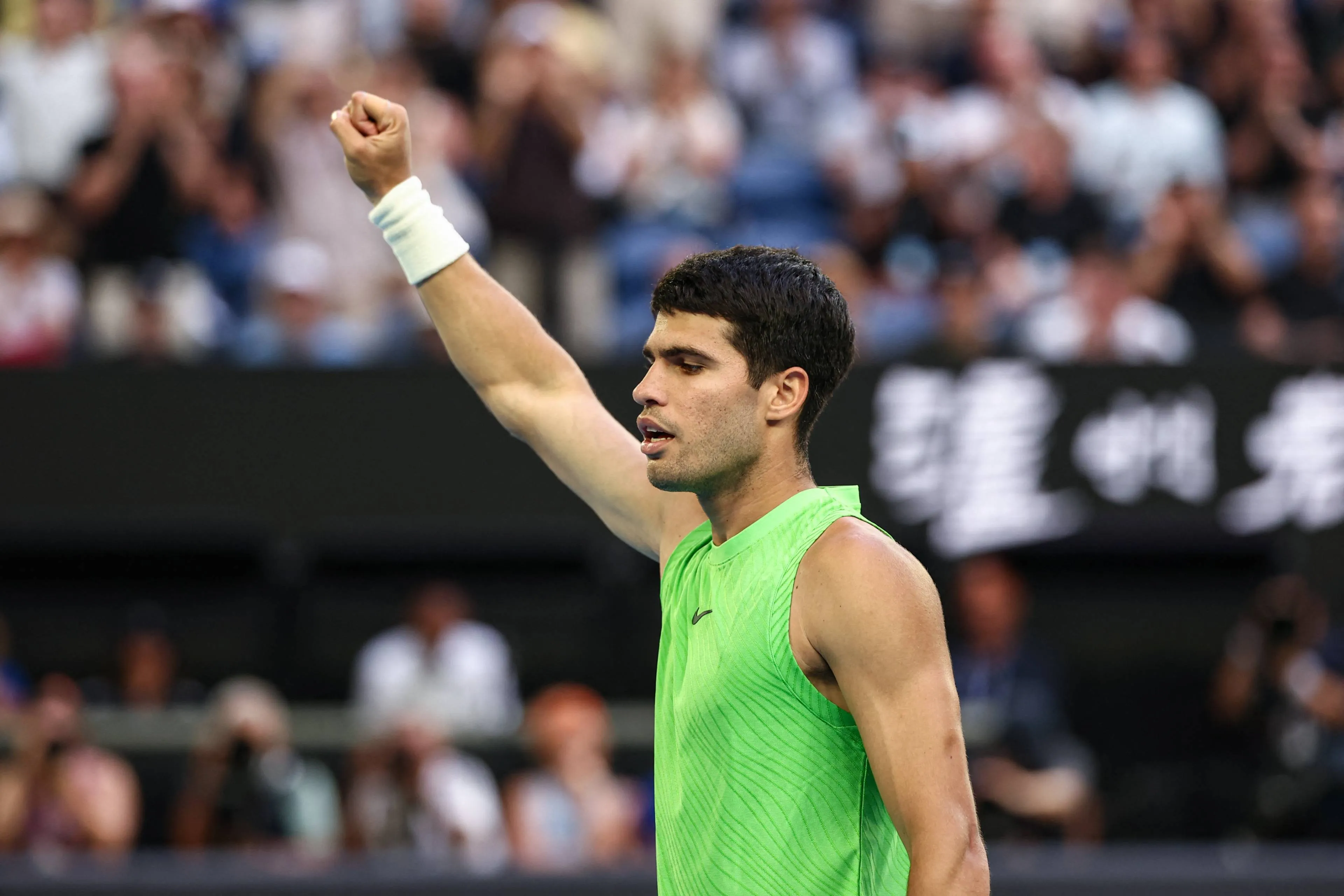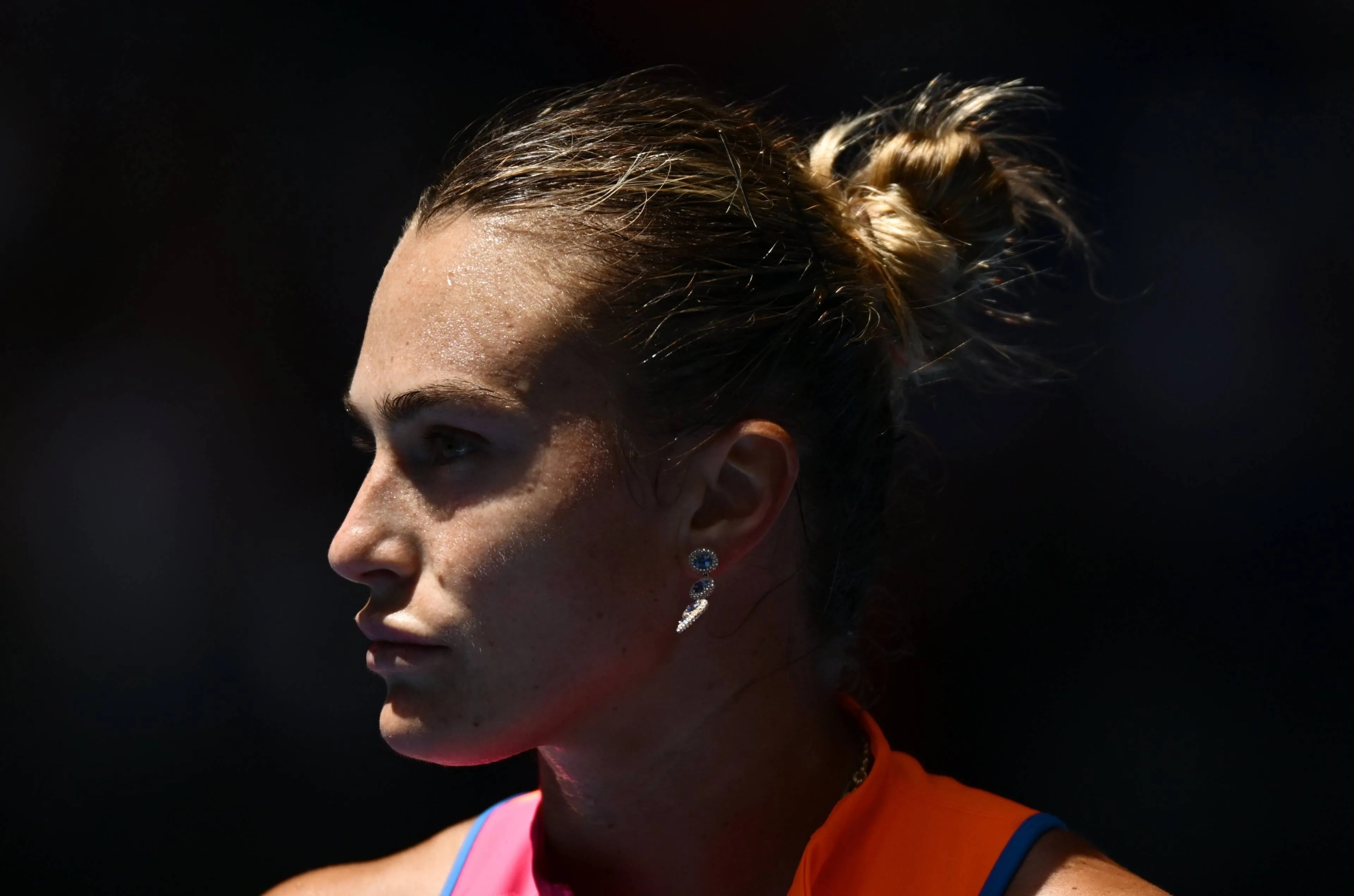Alexander Zverev Slams 'Annoying' And 'Not Right' Doping Procedures
NewsFriday, 25 April 2025 at 17:01
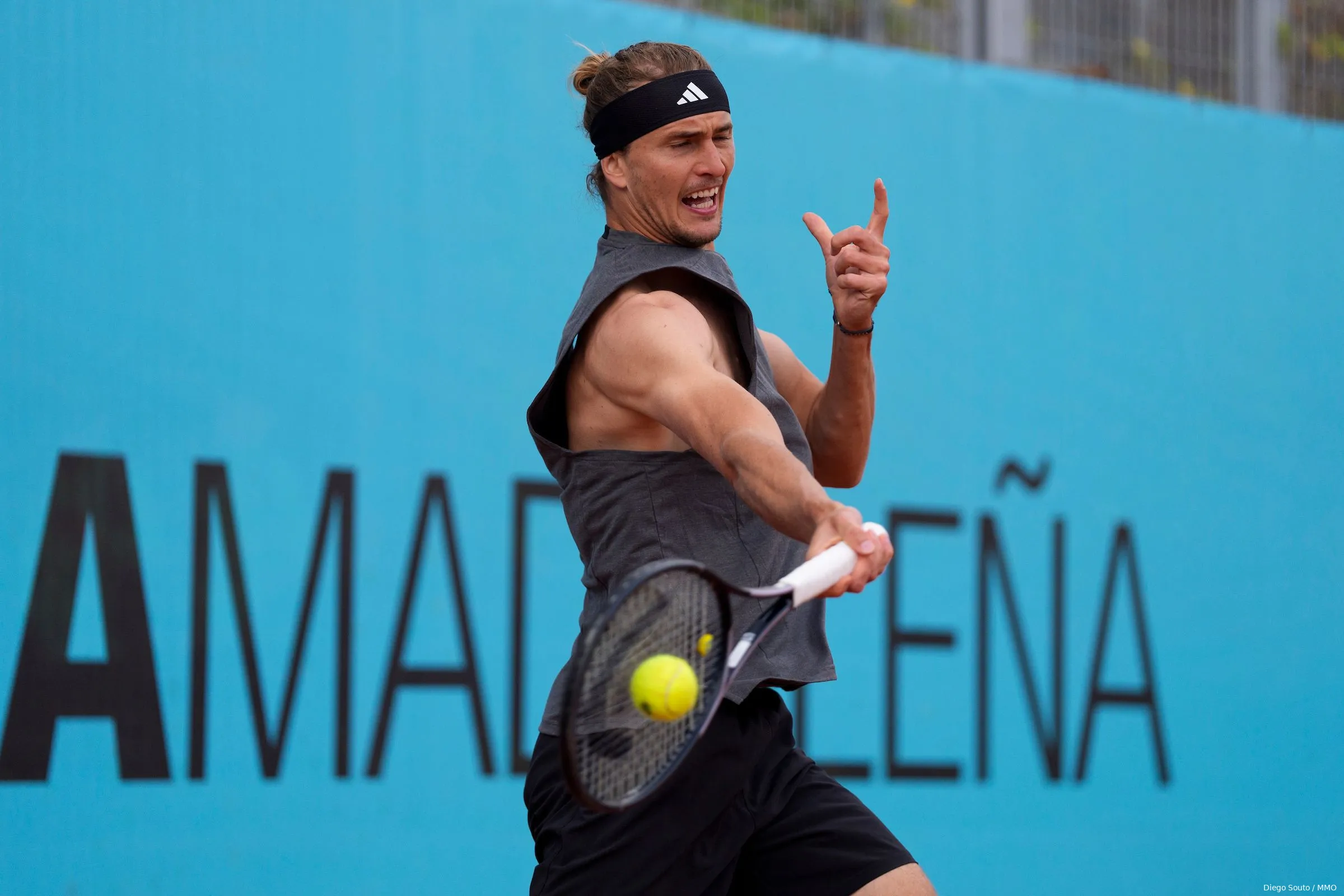
Alexander Zverev provided an interesting insight into how challenging it can be for players to follow existing doping procedures, and also stated that Jannik Sinner's high-profile case did not change anything.
Top players like Zverev have regularly been asked about doping and how cases are handled since it was confirmed in August that Sinner tested positive twice for the prohibited substance clostebol at the 2024 Indian Wells Open.
Sinner was accidentally contaminated by his physiotherapist at the time. Although the World Anti-Doping Agency (WADA) acknowledged that the situation had occurred accidentally, Sinner received a ban from February 9th to May 4th as part of a case settlement with WADA.
The debates around doping heightened more when Iga Swiatek was given a one-month ban after testing positive for trimetazidine. However, many feel the Pole was unlucky to receive any suspension since she bought a legal product, melatonin, that a drug manufacturer had contaminated.
In a press conference at the 2025 Madrid Open, Zverev stated that despite players repeatedly being asked about the topic, nothing has materially changed since Sinner and Swiatek's cases became public.
"I think it’s just a subject that we’ve been talking about more over the last year, or not year, half a year or so, because of, obviously, Jannik and Iga a little bit. But, in general, nothing really changes for us, nothing changed."
Zverev then outlined why he finds the doping process frustrating. The three-time Grand Slam finalist began by mentioning the details that players must provide to anti-doping bodies each day.
"It is an annoying process, I have to be to be honest, because we have to be at a certain place every single day where we kind of give our details of where we’re going to be for like an hour a day. But at the same time if they show up not in the hour that we gave them, you still have to come back to the place."
Read also
The German also shared an anecdote that demonstrated how anti-doping controls can disrupt players' lives, even in cases where the players have done what was asked of them by being available in their designated slot, and it was the anti-doping control that arrived late.
"It was end of last year or so in December, where I was, I think I was picking up my daughter from the airport in Nice, and then doping control, they, my slot is like at 7:00 or 8:00 a.m., right, and they came at 9:00 pm."
"They call me, like, You have to come back. I’m like, I can’t, I’m picking up a three-year-old child. They’re like, No, you have to come back, doesn’t matter what happens. So that is more annoying, because it’s kind of they’re taking the freedom of life away a little bit. Okay, if you want to come within the hour, that’s fine, because that’s the rule. But then after that, you have to give us the freedom of living."
Zverev thinks the anti-doping control should show players more respect and organize a new designated slot if they are late, rather than showing up later in the day at an unexpected time.
“Just because you decided that you want to show up at a random time and not at the time slot that you are given doesn’t mean that I have to completely change my plans and leave everything and all of a sudden be available to you. That’s not right, in my opinion, right."
Read also
Loading

